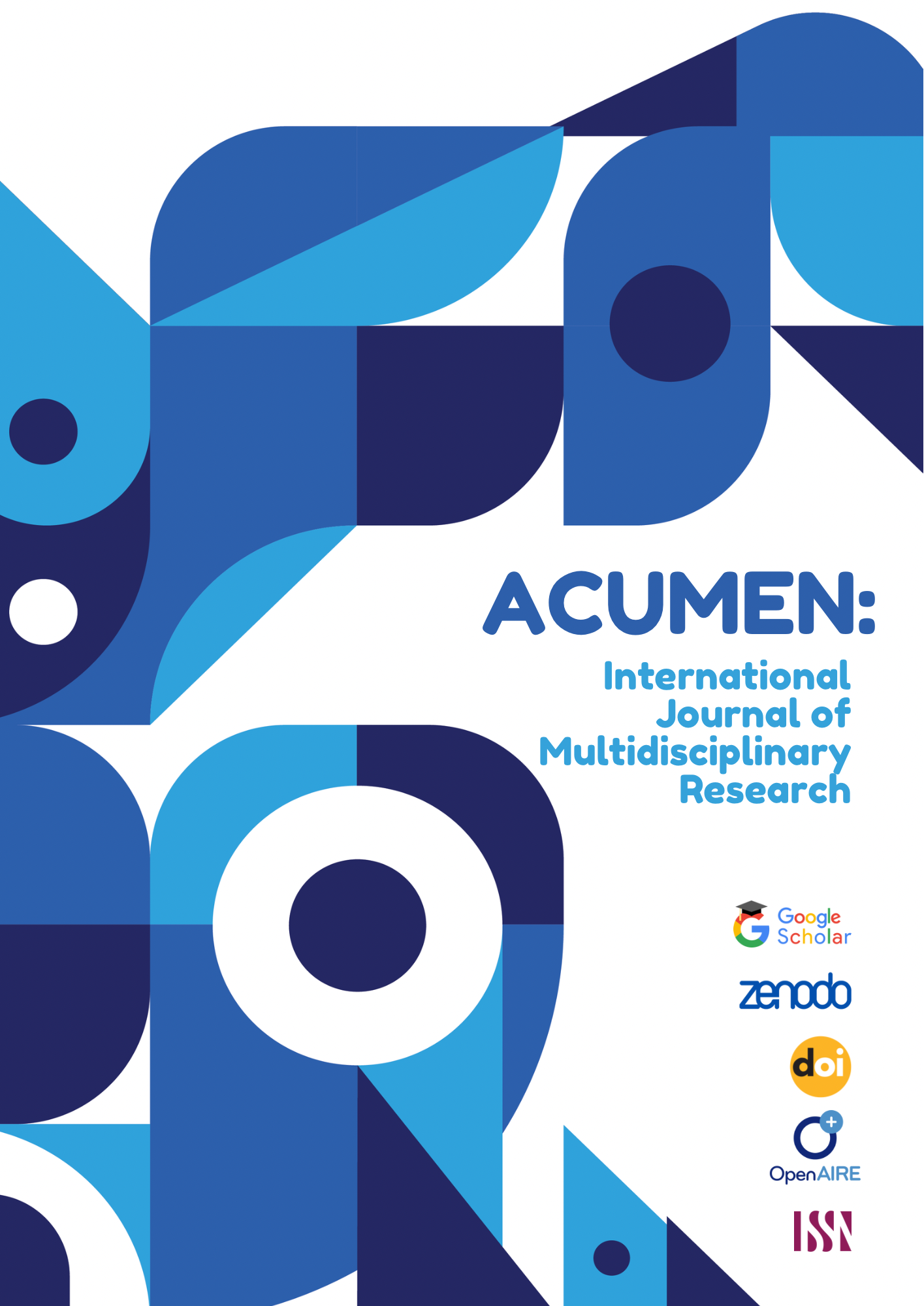THE ROLE OF SONGS IN ENHANCING LANGUAGE SKILLS AND MOTIVATION FOR YOUNG LEARNERS
Keywords:
Music, Songs, ESL, Young Learners, Motivation, Vocabulary, Listening Skills, Language Acquisition, Classroom Interaction.Abstract
Throughout history, music has been intertwined with the educational journey of children. However, it is worth noting that songs stand out as an especially potent tool for instructing languages to young learners. This article delves into how songs enhance not only vocabulary and listening skills but also render language classes more engaging and enjoyable.By employing songs as a means of instruction, educators can establish a calm and authentic setting that inspires students while also improving their memory and pronunciation abilities.This approach also enables young learners to feel included in a group, promoting improved interaction and reducing the intimidation associated with language learning.
References
1. N Dedamirzayeva, U Kuziyev Teaching English to young learners through games Oriental Art and Culture, 86-88, 2020.
2. D Nu’monova, U Qo‘Ziyev Badiiy matnni lingvostatistik tomondan tahlil qilish Oriental Art and Culture, 119-121, 2020
3. Abbott, M. (2002). Using Music to Promote L2 Learning Among Adult Learners. TESOL Journal, 11(1), 10-17.
4. Abrate, J. H. (1983). Pedagogical Applications of the French Popular Song in the Foreign Language Classroom. The Modern Language Journal, 67(1), 8-12.
5. Adkins, S. (1997). Connecting the Powers of Music to The Learning of Languages. The Journal of the Imagination in Language Learning, IV, 40.
6. R S Sharipovna. Peculiarities Of Teaching English In Secondary Schools In Uzbekistan International Journal of Innovations in Engineering Research and Technology, 1-5,
7. Baum, S., Viens, J., & Slatin, B. (2005). Multiple Intelligences in The Elementary Classroom: A Teacher’s Toolkit. New York: Teachers College Press.
8. Shamuradova Naima. (2021). The Effect Of Using Songs On Young Learners And Their Motivation For Learning English. Emergent: Journal of Educational Discoveries and Lifelong Learning (EJEDL), 2(05), 71–73.
9. U Qo‘ziyev Tilda Soflik Masalasi Ta’limda Turkiy Xalqlar Milliy Mentalitetini Mustahkamlashning Dolzarb …, 2022.
10. G. U Rustamova Lingvistik Pragmatikaning Birliklari. Филологические науки 11, 0.
11. Brown, H. D. (2001). Teaching by Principles: An Interactive Approach to Language Pedagogy (2nd ed.). Englewood Cliffs, NJ: Prentice Hall Regents.
12. Canning-Wilson, C. (2000). Practical Aspects of Using Video in the Foreign Language Classroom.
13. K Khashimova, U Kuziev Participation Of Languages Of Other Systems In The Formation Of The Uzbek Literary Language Збірник наукових праць ΛΌГOΣ, 22-25, 2020.





























